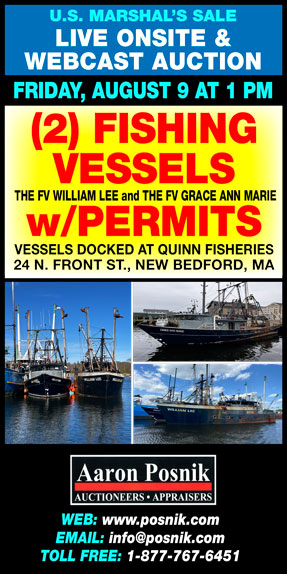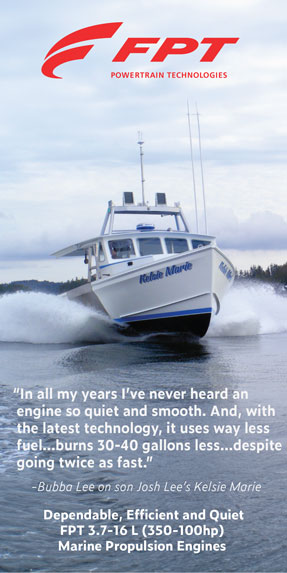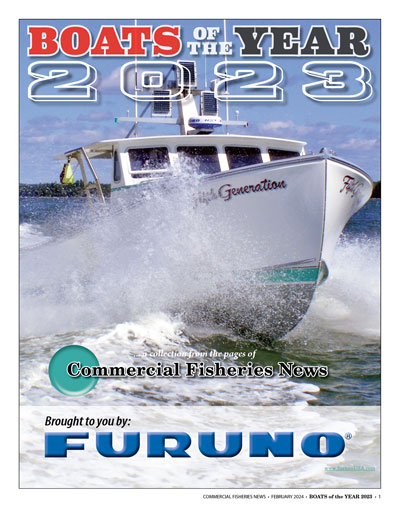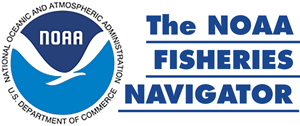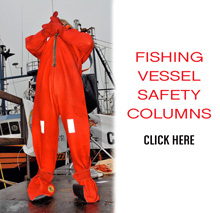Winter, life rafts, batteries, and such
Now that we in New England will soon be back on Eastern Standard time and are noticing the chill in the air, we should also notice things that need our attention on the boat.
The big thing is the life raft. If you plan to fish offshore 20 miles or more, a life raft is required equipment – and it must be repacked annually (after the initial two-year post-purchase repacking period).
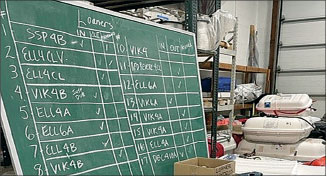
Fig. 1 – Chase, Leavitt & Co.’s loaner liferaft board.
If you did not have your life raft repacked in the spring, you should arrange to do so as you change gear for winter fishing.
I dropped into Chase, Leavitt & Co. in Portland, ME to talk with Chris Harrison in mid-October.
In the facility’s raft room, there were units waiting to be repacked as well as freshly-repacked rafts ready for pick-up.
It’s important to note that Chase, Leavitt & Co. has provided loaners for decades as a customer service: fishermen who drop off a life raft for repacking may request a life raft loaner matched in terms of size and offshore fishing requirements. As a customer service detail, the loaner program helps ensure that fishermen are not without a life raft and thus helps ensure the safety of crew at sea.
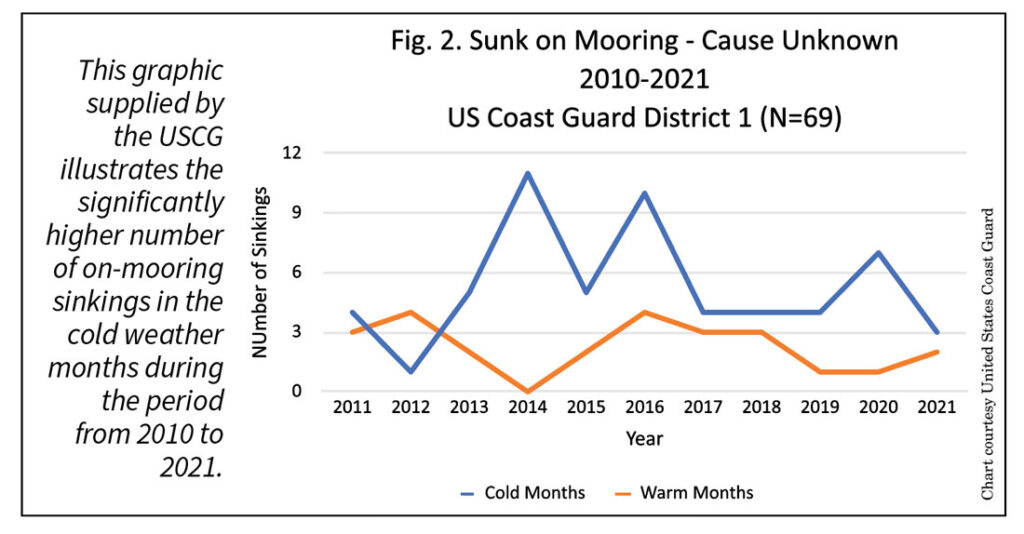
Figure 1 shows the loaner tracking board with available life rafts in the background. At the time of my visit with Chris, 12 of the 17 available loaners were “out.”
The Maine Coast Fishermen’s Association (MCFA) also has a loaner program with a few rafts spread out along the coast.
A change in the weather from a hot summer to cold winter puts stress on certain materials on the boat – hoses, in particular. If you have had a recent dockside exam, you know that the exam includes close manual (not just visual) inspection of hoses. In order to find tiny nicks, holes, and/or deteriorating hose, use your hands to feel both the visible portion and the underside of the hose. Sometimes a small mirror is useful as well.
Gaskets are also stressed by temperature change. Think about where those gaskets are and have a look if possible.
Batteries are affected by temperature. Although batteries hold their charge better when cold than when warm, they do not put out as much current when cold. This is because the chemical reaction inside the battery is slower in cold temperatures. They also discharge their current faster when cold.
Fishermen know these facts about batteries and have experienced dead batteries whether in boats or vehicles. Batteries provide energy for the bilge pumps when the boat engine is not running.
The analysis of the US Coast Guard (USCG) data of sinkings while at moorings shows there are more sinkings during the cold months than during the warm months (see Figure 2).
Could some of these cold-month sinkings have resulted from drained batteries that could not keep up with the demand from the bilge pump? We won’t be able to answer that question, but perhaps should think about the possibility.
While there are a number of factors that could be the cause of sinkings at the mooring, only three of the 72 total sinkings during the period 2010-2021 were assigned reasons for the incidents.
For two of the seven sinkings in the 2015 cold months, the causes were listed as ruptured piping and frozen bilge pumps.
For one of the three sinkings during the 2015 warm months, the cause was listed as rudder post flooding.
An insurance agent with whom I talked informally about on-mooring sinkings offered the opinion that most on-mooring sinkings likely result from poor maintenance.
In sum, whether out on the water or at the mooring, there are maintenance issues that should be addressed at this time of year.
A fully functional life raft is an extremely important asset for surviving a call to abandon ship.
Hoses, gaskets, rudder posts, and bilge pumps are among the items that may need maintenance.
A new battery with maximum ability to hold a charge and deliver current to the bilge pump might be something to consider.
We are feeling the chill and so are the boats.
Ann Backus, MS, is the director of outreach for the Harvard T.H. Chan School of Public Health’s Department of Environmental Health in Boston, MA. She may be reached by phone at (617) 432-3327 or by e-mail at <abackus@hsph.harvard.edu>.


